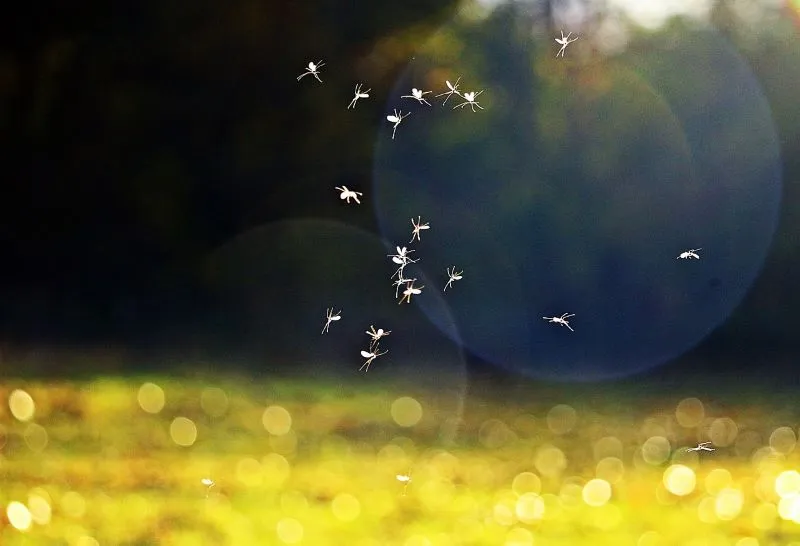Hawaii is a state in the Western United States, located in the Pacific Ocean approximately 3200 km from the United States mainland. This is considered the only US state located outside of North America, which consists of 137 islands.
Hawaii is a land of amazing contrasts, beauty, and diversity. The pervasive spirit of Aloha, the people's rich culture, and the historical traditions passed down through centuries continue to distinguish these remote islands. As the best place to enjoy your vacation, Hawaii is well-known among travelers because of its beaches filled with green, red, pink, white, and even black color sand. Also, Hawaii is best known for surfing, in fact, surfing was invented there. No matter if you want to get an adventurous experience or just chill by the beaches, Hawaii will not disappoint you. Just head to any of the four main islands in Hawaii, Oahu, Maui, Kauai, and Hawaii's Big Island.
Before planning their trip to Hawaii, many people are bothered a lot about mosquitoes in Hawaii. So, this is all you want to know about mosquitoes in Hawaii.
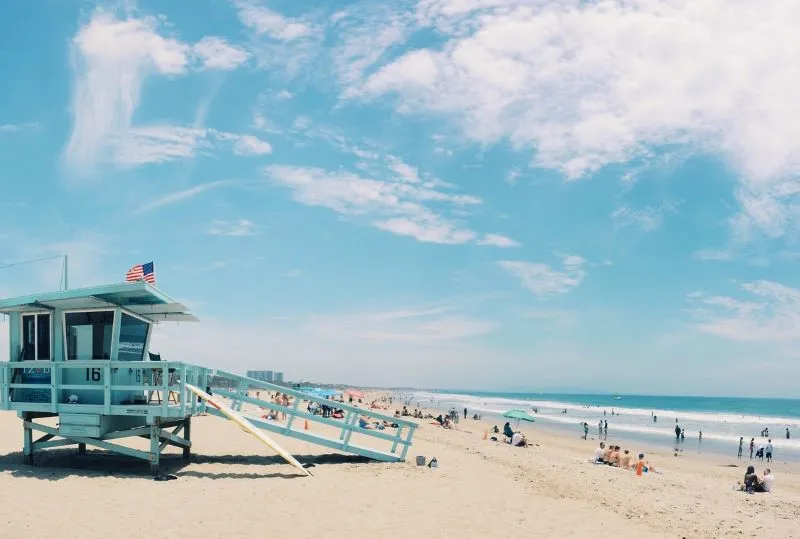
Mosquito species in Hawaii
There are eight species of mosquitoes in Hawaii. But among them, only six species bite humans. They can be also divided into two categories based on their biting habits.
Day-biting Mosquitoes
The four species,
- Asian Tiger Mosquito (Aedes albopictus),
- Yellow Fever Mosquito (Aedes aegypti),
- Asian Bush Mosquito or the Asian Rock Pool Mosquito (Aedes japonicus),
- Bromeliad Mosquito (Wyeomyia mitchelli),
are active only during daylight. Because they have a small migratory range of only 100-150 meters, if they appear at your residence usually talks about the presence of a nearby breeding supply. Day-biting mosquitos breed in reasonably clean water found in tree holes, plants, rock holes, and various man-made containers. They do not reproduce in-ground pools or water-containing soil.
Asian Tiger Mosquito, Yellow Fever Mosquito, and Asian Bush Mosquito are black mosquitoes with white markings. Bromeliad Mosquito is brown with an abdomen that is white on the lower half. The Asian Tiger Mosquito is the most common day-biting mosquito in Hawaii. The Yellow Fever Mosquito is found only on the Big Island and Molokai. Also, the Asian Bush Mosquito is currently found only on the Big Island.
Night-biting Mosquitoes
The two species,
- Southern House Mosquito (Culex quinquefasciatus), and
- Inland Floodwater Mosquito (Aedes vexans),
are active only at night. Since they have several miles of migratory range, their presence at your residence may not indicate a nearby breeding site. Southern House Mosquito will breed in all types of manmade containers but prefers groundwater containing organic matter. Inland Floodwater Mosquito breeds exclusively in flood waters. Its eggs, laid in dry, lowland soil, remain dormant until flooding causes them to hatch. Both these mosquitoes are brown mosquitoes, but only Inland Floodwater Mosquito has white stripes around its leg joints.
Southern House Mosquito is found on all islands and is the most common night-biting mosquito in Hawaii.
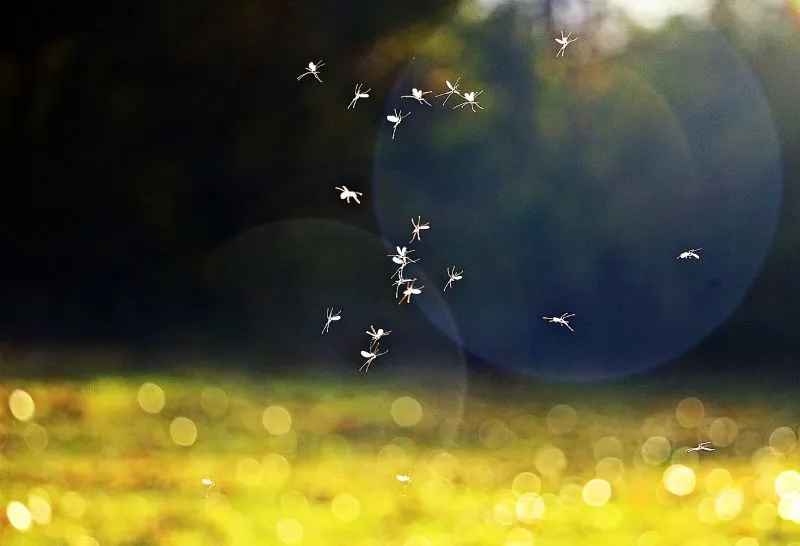
Hawaii Mosquito-borne diseases
Although there are mosquitoes in Hawaii, not all diseases which are transmitted by mosquitoes aren’t present in Hawaii. This is because many diseases are only spread by certain mosquito species and those species aren’t present in here. Considering Hawaii, there are several mosquito-borne diseases that are present here. There are,
- West Nile virus: West Nile virus is a viral infection that is transmitted by mosquitoes. Symptoms of West Nile virus include fever, headache, and body aches, and it can sometimes lead to more severe complications, such as meningitis or encephalitis.
- Dengue fever: Dengue fever is a viral infection that is transmitted by mosquitoes. Symptoms of dengue fever include fever, joint pain, rash, and severe headache.
- Chikungunya: Chikungunya is a viral infection that is transmitted by mosquitoes. Symptoms of chikungunya include fever, joint pain, and rash.
- Zika virus: Zika virus is a viral infection that is transmitted by mosquitoes. Symptoms of the Zika virus include fever, rash, joint pain, and red eyes. Zika virus can also cause serious birth defects in babies born to infected mothers.
In addition to these diseases, annoying is another big problem which is caused by mosquitoes.
Mosquito-borne diseases are not considered an imminent threat in Hawaii because most visitors are inoculated, or disease transmission needs a sick bird to travel all the way from the mainland. Some mosquito-borne diseases (Malaria, Japanese Encephalitis) are unlikely to ever be a danger in Hawaii since the mosquito species required to spread the disease do not exist.
Mosquito prevention and control
Since mosquitoes can be a huge problem, there are several measures that are being taken to prevent and control mosquitoes in Hawaii.
1. Mosquito control programsMany areas in Hawaii have mosquito control programs in place that are designed to reduce the number of mosquitoes and the risk of mosquito-borne diseases. These programs may include activities such as larvicide (applying chemicals to kill mosquito larvae), adulticide (applying chemicals to kill adult mosquitoes), and educating the public about mosquito prevention.
2. Mosquito repellentsUsing mosquito repellents can help prevent mosquito bites and reduce the risk of infection. The Centers for Disease Control and Prevention (CDC) recommends using repellents that contain DEET, picaridin, oil of lemon eucalyptus, or IR3535.
3. Eliminating breeding sitesMosquitoes lay their eggs in standing water, so eliminating sources of standing water can help reduce the number of mosquitoes. This can include removing standing water from containers around the home, such as buckets and tires, and properly maintaining swimming pools and other sources of standing water.
By following these measures, residents and visitors to Hawaii can help reduce the number of mosquitoes and the risk of mosquito-borne diseases.
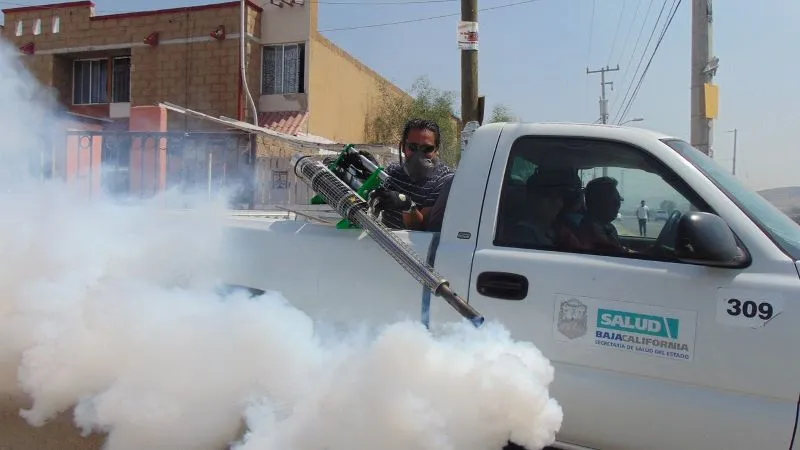
How Mosquitoes Impact daily life
The presence of mosquitoes in Hawaii can impact daily life in a number of ways, including disrupting outdoor activities, impacting travel plans, and creating health concerns. It is important for visitors to take precautions to prevent mosquito bites and reduce the risk of infection.
1. Outdoor activitiesMosquitoes can be trouble and make it difficult to enjoy outdoor activities, such as hiking, swimming, and picnicking.
2. TravelMosquitoes can impact travel plans, as some travelers may choose to avoid destinations with high levels of mosquito activity.
3. Health concernsSince mosquitoes in Hawaii can carry diseases, such as the West Nile virus and dengue fever, which can cause serious illness and even death. This can create health concerns for visitors and may lead to the need for medical treatment.
Tips for avoiding mosquitoes
Avoiding is always better than being ill. Thus, here are some tips for you to avoid mosquitoes.
1. Wear long sleeves and pantsWearing long sleeves and pants can help prevent mosquito bites, especially during times when mosquitoes are most active, such as at dawn and dusk. So, before packing your backpack, put some addtional long sleeves and pants to your backpack.
2. Use mosquito repellentsUsing mosquito repellents can help prevent mosquito bites and reduce the risk of infection. The Centers for Disease Control and Prevention (CDC) recommends using repellents that contain DEET, picaridin, oil of lemon eucalyptus, or IR3535.
3. Stay in air-conditioned or well-screened roomsMosquitoes are less likely to be present in air-conditioned or well-screened rooms, so staying in these types of accommodations can help reduce the risk of mosquito bites. Therefore, while choosing your accommodations, keep this in your mind.
4. Use mosquito netsIf you accommodation in a place with a lot of mosquitoes and do not have access to air conditioning or screens, using a mosquito net can help protect you from bites while you sleep.
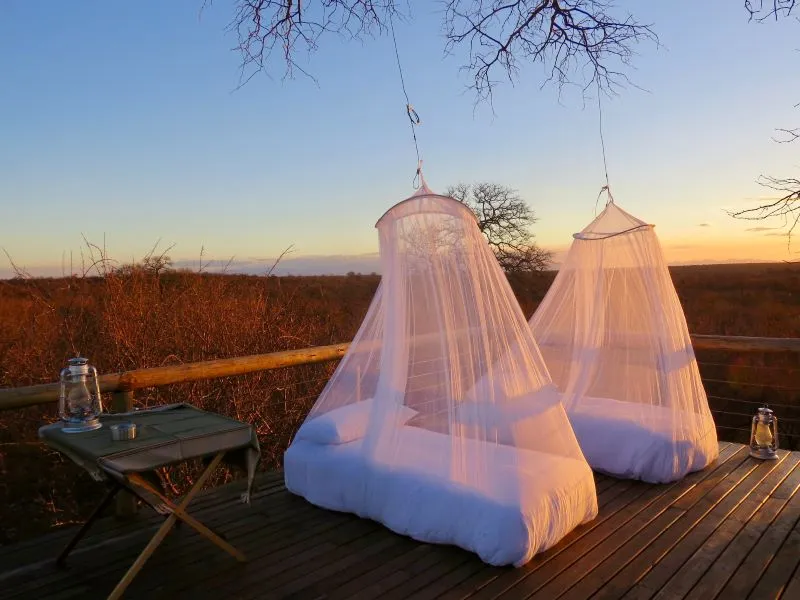
Conclusion
Considering the last 3 years, there are only 19 Dengue cases and 2 Chikungunya cases reported in Hawaii, and no cases in the year 2021. So, while planning your vacation, mosquitoes are not a huge problem in Hawaii tourist areas, and you can enjoy your vacation freely here. However, in order to protect yourselves, visitors should be aware of these deadly diseases and where they can occur in Hawaii.
If you need further information and details or in a case of emergency, please contact these Department of Health offices.
O‘ahu - 591 Ala Moana Blvd, Honolulu, HI 96813Tel: 483-2535
Maui - 54 South High St #301, Wailuku, HI 96793Tel: 984-8200
Molokai - Molokai Health Center, Kaunakakai, HI 96748Tel: 533-3208
Big Island - 75Aupuni Street #105,Hilo, HI 96720Tel: 974-6000
Waimea - 67-5189 Kamamalu St, Kamuela, HI 96743Tel: 887-8114
Kona - 81-980 Halekii St. #103,Kealakekua, HI 96750Tel: 322-4880
For more details, refer to the following sites:
